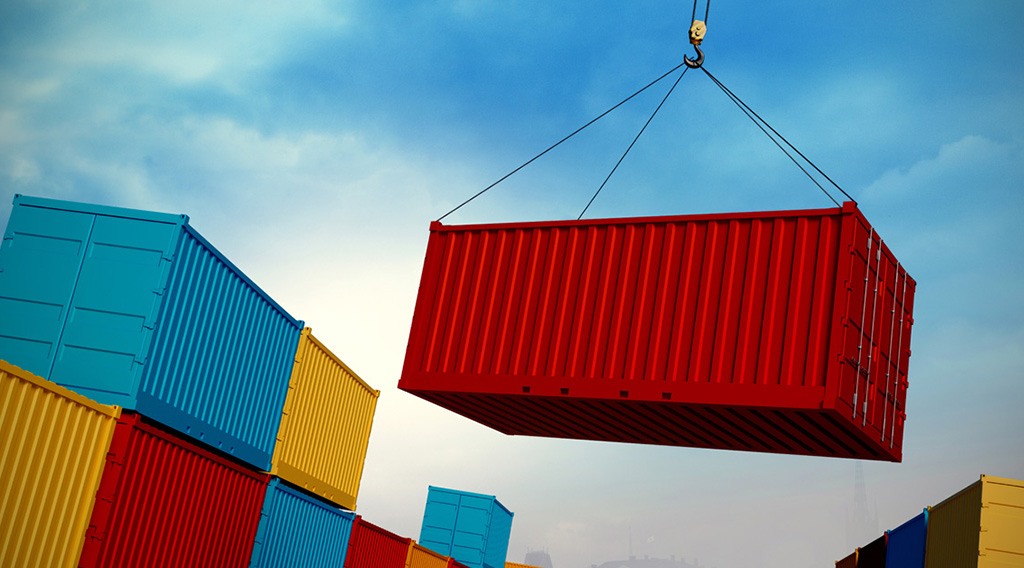As the war in Ukraine quickly approaches the one-year mark, discussions of how the world will coordinate a long-term strategy that economically targets Russia while minimizing the collateral damage done to other economies have only grown.
Plans to cap the price of Russian oil would ideally allow the world to consume Russian-sourced energy while diminishing the flow of oil profits that are a financial mainstay to Russia’s military complex. The idea is attractive in principle as it allows for the world’s existing energy infrastructure to remain unchanged while focusing the regulatory burden on those financial markets which are already practiced in such efforts.
As history has shown, however, the ability to enforce such actions is much easier said than done. Modern-day bans on refined petroleum products, which lack a price component, are routinely violated using ship-to-ship transfers in the vastness of the Pacific Ocean.
Enforcing a price cap would not only require the careful tracking of the physical product, as is performed in a ban, but furthermore the ability to ensure that every financial transaction is accurate, and if not, that penalties can be enforced. This is made yet more difficult when the product in question—a black liquid with no easily discernable markings—has little product traceability.
The duration of such a cap or ban could stretch for years, raising the total cost of enforcement to eye-watering levels. In a recent presentation given by Darren Woods, CEO of Exxon Mobil Corp., he predicted that natural gas market supplies will remain tight through 2026, a prediction that aligns with other arduous energy market outlooks.
Fortunately, Canada’s natural resources give it the ability to play a key role in filling the supply gap that would result from a global ban on one or multiple of Russia’s top exports. All ten of Russia’s top exports fall within Canada’s top twelve list of exports. Based on 2021 data, the total value of Russia’s top 10 exports totaled $342 Billion USD, as such, a complete one-to-one replacement of all of Russia’s top exports with Canadian goods would expand total economic output by 17%.
Even if Canada could only capture a minority portion of this opportunity, such gains could substantially—even wholly—offset for the nation the kind of near-term recession that has been predicted by many forecasting outlets. One final benefit to an active and growing Canadian export economy would include the further stabilization of the global economy as it replaces an unpredictable global trade participant in Russia with one with a history of stability.
While the increased volume of exports alone could potentially be enough to pull Canada’s economy through a modest global recession, the infrastructure needed to bolster export levels would generate additional construction activity adding to even more economic activity. In short, what is good for the world from a political and economic standpoint could be especially good for Canada.
|
Top 10 Russian Exports
|
Top 10 Canadian Exports
|
|
Mineral Fuels and Oils - $212B
|
Mineral Fuels & Oils - $120B
|
|
Precious Metals - $32B
|
Vehicles, Not Rail - $46B |
|
Iron Steel - $32B
|
Machinery - $24B |
|
Fertilizers - $12.5B
|
Precious Metals - $24B |
|
Wood Articles - $12B
|
Wood Articles - $22B |
|
Machinery/Boilers/NucReacts - $10.8B
|
Plastics - $17B |
|
Cereals - $9.2B
|
Ores/Slag/Ash - $13B |
|
Aluminum - $8.7B
|
Electrical Machinery - $12B |
|
Ores/Slag/Ash - $7.5B
|
Aluminum - $12B |
|
Plastics - $6.2B
|
Iron Steel - $10.5B |
|
Total Value of the Top 10 Russian Exports: $342B
|
Total Value of the Top 10 Canadian Exports: $301B
|
